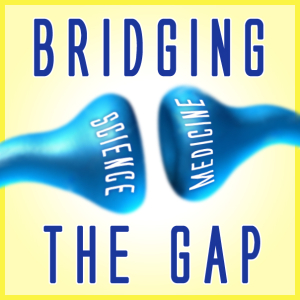Run, Walk, or Diet? Insights into Exercise Science
During the respiration unit of my undergraduate anatomy class, one of my students asked about differences in lung volume, and the effects of “being a runner” versus someone who does not exercise as regularly. While it is widely accepted that regular exercise can improve inspiratory capacity, the diverse impact of exercise on hormone levels and neurogenesis is not discussed as frequently. Exercise science is currently being heavily researched, and an understanding of recent findings can …




